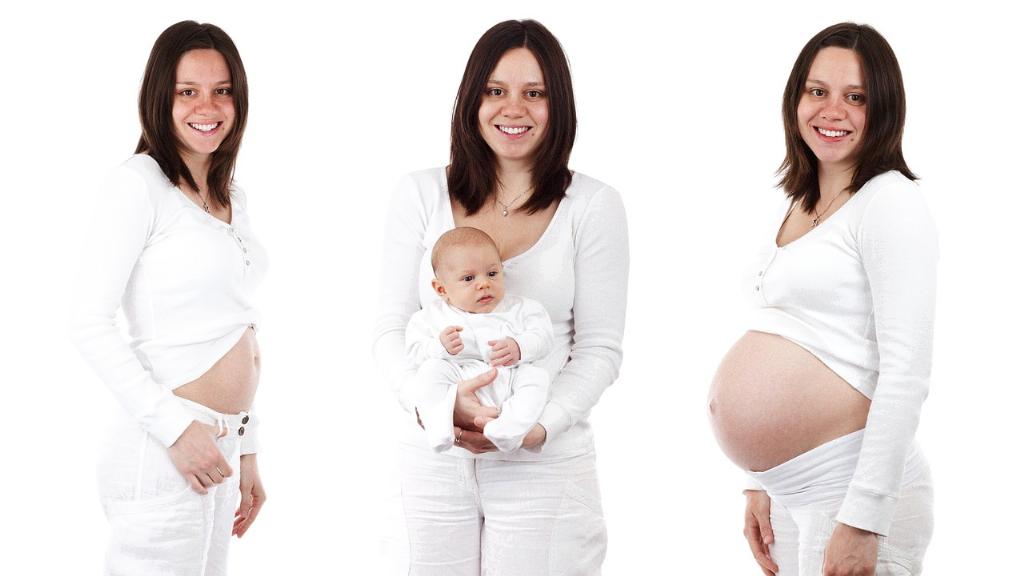Many individuals wonder if it’s possible to still be pregnant if they have their period after engaging in sexual activity. This question may lead to confusion and anxiety, but it’s essential to understand the relationship between periods and pregnancy.
Understanding Menstrual Cycles
Menstrual cycles typically last between 21 to 35 days, with the average cycle being around 28 days. During a typical cycle, ovulation occurs around the middle of the cycle—approximately 14 days before the next period. If an egg is fertilized during ovulation, it can lead to pregnancy.
Importance of Ovulation
Ovulation is a crucial process in the fertility cycle, as it involves the release of an egg from the ovary. If the egg is fertilized by sperm, it can implant in the uterus and result in pregnancy. If fertilization does not occur, the uterus sheds its lining, leading to menstruation.
Pregnancy and Menstruation
When a woman is pregnant, her body undergoes hormonal changes that prevent menstruation. Therefore, if a woman experiences a period, it is generally a sign that she is not pregnant. However, some individuals may experience light bleeding during pregnancy, which can be mistaken for a period.
Implantation Bleeding
Implantation bleeding can occur when a fertilized egg implants itself into the uterine lining. This can lead to light spotting that may be confused with a period. However, implantation bleeding is typically lighter and shorter in duration compared to a regular period.
Using Birth Control
Using effective birth control methods is crucial in preventing unwanted pregnancies. If you are sexually active and do not wish to conceive, it’s important to use contraception consistently and correctly, regardless of where you are in your menstrual cycle.
Common Misconceptions
Many misconceptions exist surrounding periods and pregnancy, leading to confusion and uncertainty. It is important to educate oneself about the menstrual cycle, ovulation, and signs of pregnancy to make informed decisions.
Consulting a Healthcare Provider
If you have concerns about your menstrual cycle, fertility, or pregnancy, it is advisable to consult a healthcare provider. A healthcare professional can provide personalized guidance and address any questions or uncertainties you may have.
Tracking Menstrual Cycles
Tracking your menstrual cycles can help you understand your body’s natural rhythm and identify potential signs of ovulation. There are various methods, such as tracking basal body temperature or cervical mucus, that can aid in predicting fertile days.
Emotional Well-being
Issues related to pregnancy, menstruation, and fertility can impact an individual’s emotional well-being. It’s essential to prioritize self-care, seek support from loved ones, and address any emotional concerns you may have regarding reproductive health.
Conclusion
In conclusion, if you have your period after sex, the likelihood of being pregnant is low. However, it is important to consider factors such as ovulation, implantation bleeding, and contraceptive use. Educating yourself about your menstrual cycle and consulting healthcare providers can help you make informed decisions about your reproductive health.

